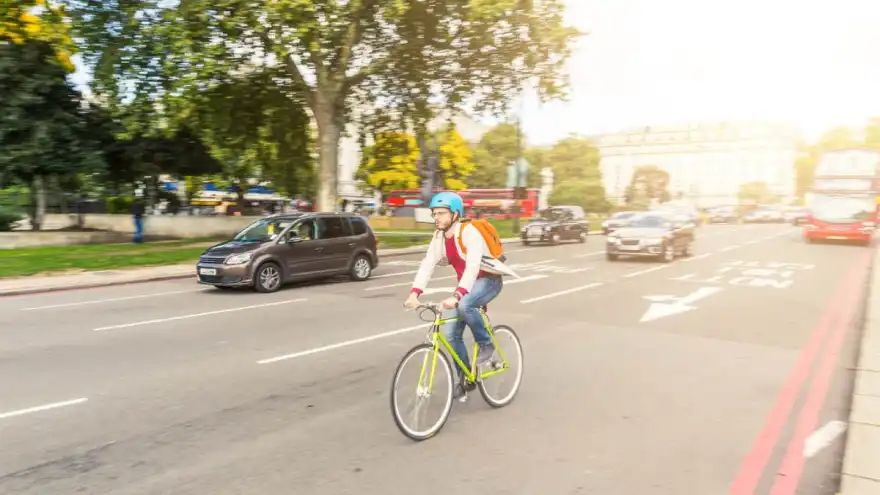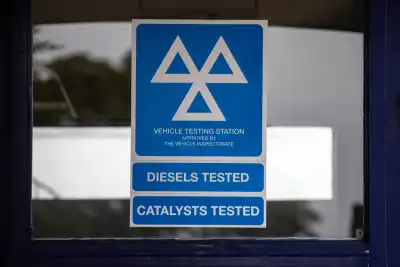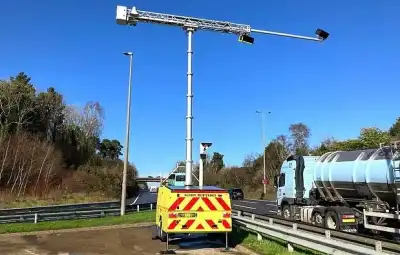
Cyclists who kill or seriously injure others through dangerous riding could soon face life in prison under proposed legal reforms aimed at closing long-standing loopholes.
Transport Secretary Heidi Alexander is backing changes that would update laws dating back to 1861—originally designed for horse-drawn carriages—which currently make it difficult to prosecute cyclists involved in serious incidents.
The goal is to bring penalties for dangerous cycling in line with those for drivers, especially as new forms of transport like e-scooters and e-bikes become more common.
Legal expert Josh Hughes, a partner at Bolt Burdon Kemp, told GB News that while stronger sentencing might be appropriate in some cases, cycling and driving need to be treated differently in law.
“Drivers of cars or HGVs operate much more dangerous vehicles than cyclists,” he said. “Cyclists don’t need a licence, training, or insurance—and many are children. The law should reflect these differences.”
In 2022, the Highway Code introduced a "hierarchy of road users" placing those most at risk—such as pedestrians and cyclists—at the top. It also included new guidance on where cyclists should position themselves on the road for safety.
Since 2013, more than 30 pedestrians have died due to cyclists riding recklessly, according to Department for Transport data. Critics argue the current legal framework is outdated and fails to hold cyclists properly accountable in the most serious cases.
The government is expected to include new cycling-related offences in the upcoming Crime and Policing Bill, allowing prosecutors to pursue tougher penalties. The Department for Transport says safety is a key priority, with a new Road Safety Strategy—the first in over a decade—set to be published this year.
A DfT spokesperson said: “Dangerous cycling is completely unacceptable. These new offences will ensure that the small minority who endanger others are held responsible under modern laws.”
Hughes added that electric bikes and scooters present a growing risk to pedestrians and should be included in any new rules: “We need regulations that reflect today’s transport landscape, not one from over 160 years ago.”




